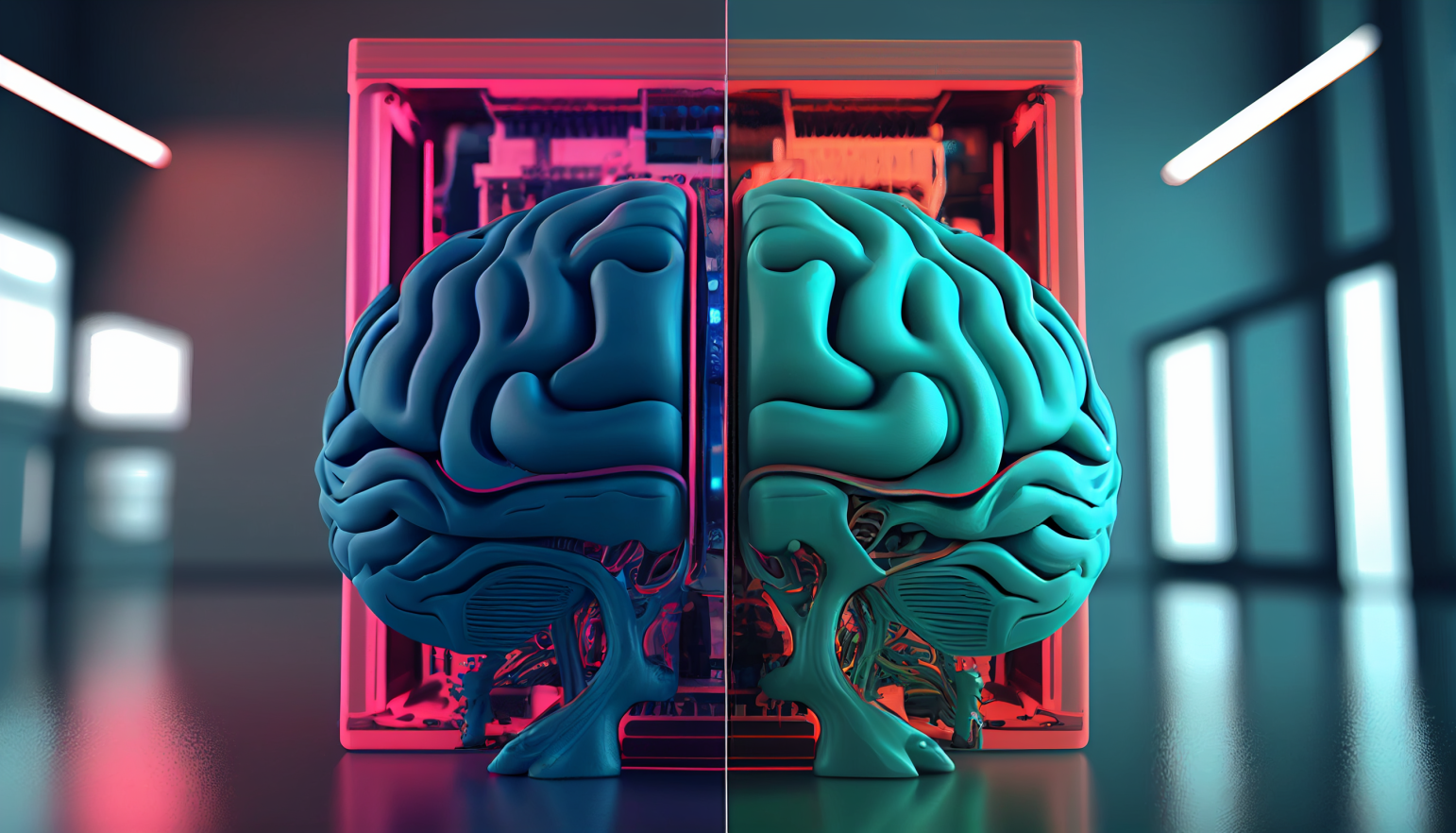Supercharge Athletic Performance with Cognitive Training in Sports: A Powerful Mind-Muscle Synergy
In the rapidly evolving world of sports training, one method is becoming the talk of the town – cognitive training in sports. This technique, considered a secret weapon in the sports domain, unleashes the extraordinary synergy between the mind and muscle.

In the rapidly evolving world of sports training, one method is becoming the talk of the town – cognitive training in sports. This technique, considered a secret weapon in the sports domain, unleashes the extraordinary synergy between the mind and muscle. It's a game-changer that invigorates the athlete's perception of effort and boosts endurance, thereby revolutionizing athletic performance.
Cognitive training, when incorporated into the sports training regimen, operates as a potent catalyst. It pushes the boundaries by tiring the brain mentally before the athlete engages in physical exertion. This unique approach magnifies the perceived effort, subsequently amplifying the athlete's capacity to manage escalating cognitive and physical stress over time.
In this comprehensive blog post, we will delve deeper into the intricacies of cognitive training in sports. We'll explore its various benefits and offer practical examples to integrate it seamlessly into an athlete's routine.
Understanding Cognitive Training in Sports:
Cognitive training is a cutting-edge approach designed to enhance mental abilities such as memory, concentration, and decision-making. In the realm of sports, cognitive training is specifically tailored to improve an athlete's cognitive flexibility, speed of processing, attention span, and ability to make swift decisions under pressure.
The brain is an athlete's command center. It orchestrates every move, every decision, and every reaction. As such, cognitive training in sports offers a way to sharpen this command center, making it more efficient and resilient, especially under high-stake, high-pressure situations.
Cognitive Training – A Potent Stimulant for Athletic Performance:
One of the core principles of cognitive training in sports is the use of mental fatigue to amplify physical effort. By tiring the brain with cognitive tasks before the physical training session, the athlete's perception of physical effort heightens. This amplified perception pushes the athlete past their perceived limits, thereby enhancing endurance and overall performance.
The science behind this approach lies in the fascinating interplay of cognitive load and perceived physical exertion. When the brain is fatigued, the perceived effort required for physical activity increases, pushing the body beyond its usual performance thresholds.
Integrating Cognitive Training into the Training Regimen:
But how can cognitive training be integrated into an athlete's routine? Let's look at two practical and effective strategies:
Option 1: The Single-Task Approach: Start with a focused, 20-minute cognitive task before the main physical training session. This technique centers on one specific cognitive demand prior to the physical workout. To maintain high intensity and progressively overload the athlete, it's important to gradually increase the intensity of the task each week or introduce a specialized training mode.
Option 2: The Divide and Conquer Strategy: This approach involves two sets of 10-minute cognitive tasks carried out before the main physical training. It allows your athlete to confront multiple cognitive challenges before plunging into the main physical workout.
Regardless of the strategy chosen, the cornerstone of successful cognitive training lies in the consistent and gradual increase in task intensity. This consistent progression unlocks improved endurance, heightened tolerance to effort, and, most importantly, superior overall cognitive and physical performance.
Benefits and Implications of Cognitive Training:
Cognitive training can unlock new realms of athletic potential. By enhancing mental resilience, focus, decision-making speed, and reaction times, athletes are better equipped to face high-pressure scenarios and make crucial decisions that can affect the game's outcome.
Moreover, cognitive training builds 'cognitive endurance', enabling athletes to sustain prolonged periods of mental effort without significant performance drop-offs. This improved cognitive stamina can translate into better performance, providing athletes with a mental edge over their competitors.
🌐 Connect With Us
🌍 Soma Technologies: Engineered to enhance human performance.
📸 Instagram: Dive into our world through exclusive photos and stories.
👥 Facebook: Join our community for the latest updates and discussions.
📈 LinkedIn: Connect with us professionally and stay informed about industry news.
🎥 YouTube: Watch our latest videos, tutorials.
🐦 X: Follow us for instant updates, news, and engaging tweets.
